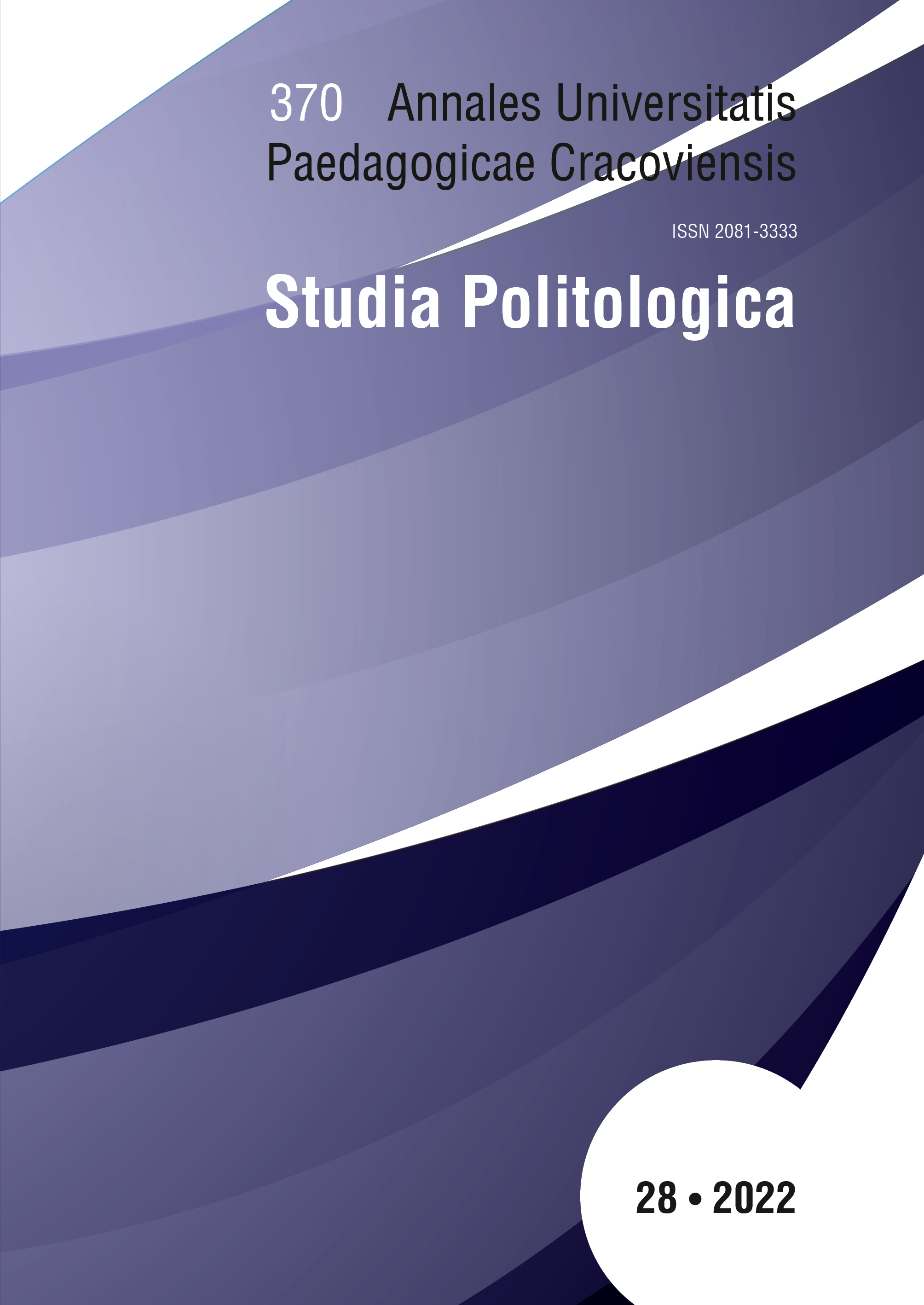Wpływ upadku żelaznej kurtyny na zmiany ekonomiczno‑polityczno‑społeczne w Kazachstanie i Uzbekistanie
Keywords:
Kazachstan, Uzbekistan, Europa, USA, transformacjaAbstract
The work aims to present the impact of the fall of the Iron Curtain on economic, political and social transformations in Kazakhstan and Uzbekistan. Consideration was focused on the participation of Western countries in the economic transformation process in both countries by examining the impact of their participation on combating corruption, reducing bureaucracy, and popularizing corporate social responsibility. In the political and social aspect, the influence of the West on the formation of the legal order concerning human and civil rights and freedoms was examined. The main objective of the paper is to find answers to the questions: what benefits and losses did Kazakhstan and Uzbekistan gain by deciding to cooperate with Western partners after the fall of the Iron Curtain? is there a correlation between the changes being implemented and the expansion of cooperation with countries in the western hemisphere? Finding the answer became possible by examining key legislative initiatives and liberalization efforts undertaken by their governments between 1991 and 2021. Considering what the political elite, wanted to achieve by taking such steps. The following research methods were used in the research process: synthesis, induction and deduction, and analysis. They made it possible to compare the situations in the two countries, to make causal associations between given government actions, and to understand and infer through similarities.
Downloads
Published
Issue
Section
License
Redakcja przyjmuje do druku teksty oryginalne, wcześniej niepublikowane. Treść czasopisma jest dostępna na licencji Creative Commons (CC-BY-NC-ND 3.0 PL)
Licencja ta zezwala na wykorzystanie materiałów opublikowanych w czasopiśmie w celach niekomercyjnych np. komentarza, krytyki, informacji, archiwizacji, nauczania lub prowadzenia badań, z poszanowaniem aktualnie obowiązującego prawa autorskiego (ustawa z dnia 4 lutego 1994 r. o prawie autorskim i prawach pokrewnych Dz.U. 1994 nr 24 poz. 83 z poźn. zm.). Zgodnie z wymogami licencji, konieczne jest dokładne podanie źródła cytowania lub parafrazowania oraz zachowanie tekstu w oryginalnej postaci (zakaz tworzenia utworów zależnych).

